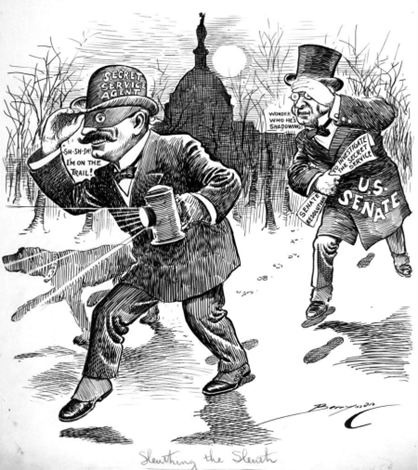Industry News
Ninth Circuit Clarifies False Claims Act Requirements as United States Ramps Up FCA Use
TweetJun. 27, 2025
By:
Austin J. Eighan
One hallmark of the current Department of Justice is the broad use of the False Claims Act (“FCA”). While international trade actions have always been within the realm of potential FCA claims, the United States has historically used the penalty provisions in 19 U.S.C. 1592 as the go-to for enforcement. Now the U.S. Court of Appeals for the Ninth Circuit has issued an important ruling in the FCA trade area that clarifies the jurisdiction and state of mind required for FCA claims.

The case arose from Sigma’s importation of welded outlets from China between 2010 and 2018. During that period, Sigma declared its products as “steel couplings” and told U.S. Customs and Border Protection that they were not subject to AD duties. Island Industries, a competitor and the relator in this case, demonstrated that Sigma ignored obvious signs that its imports triggered AD liability, such as a scope decision issued by the U.S. Department of Commerce clarifying that goods materially identical to those imported by Sigma were subject to the AD Order (see 57 Fed. Reg. 29,702).
The decision in Island Indus., Inc., v. Sigma Corp. not only cemented an $8 million liability for unpaid duties—automatically trebled to over $24 million under the FCA—but also confirmed private parties (relators) may bring FCA suits arising out of customs violations in federal district courts outside of the U.S. Court of International Trade (CIT). This is important because it means that a whistleblower, for instance, does not have to navigate the unfamiliar rules of the CIT to have their FCA case initiated. They can do it in their local district where their local lawyer is more familiar with the practice. It also means that defendants cannot move all litigation to one court.
Perhaps as importantly, the decision clarified what a defendant had to “know” to violate the FCA. Under the FCA, 31 U.S.C. § 3729(a)(1)(G), liability attaches when someone knowingly makes or uses false records to avoid paying obligations owed to the government. These obligations include duties imposed by statutes or regulations. The court determined that Sigma’s duty to properly declare and pay AD duties arose at the moment its imports entered the United States, even if final liquidation had not yet determined the precise amount owed.
Sigma argued that the scope of the AD order was objectively ambiguous and thus a reasonable person could have reasonably believed no duties were owed. The court rejected this interpretation of “knowing” indicating that the standard was not whether a reasonable person could have believed something, but whether defendant did. In short, “[a]n “honest mistake” may preclude liability, but it must be the defendant’s honest mistake, not a hypothetical honest mistake made by someone else.” Island Indus. at 26. This is an important decision because it should change how companies perceive what they “know” and who knows it.
The Ninth Circuit’s decision highlights the need for importers to continually practice due diligence as ambiguity in AD scope language or other trade matters will not necessarily bar an FCA claim, which can be very lucrative for whistleblowers. If your company has concerns about the scope of AD/CVD orders or how to avoid the risk of an FCA claim, please reach out to one of our attorneys at Barnes, Richardson & Colburn.
